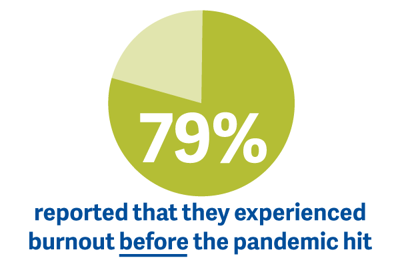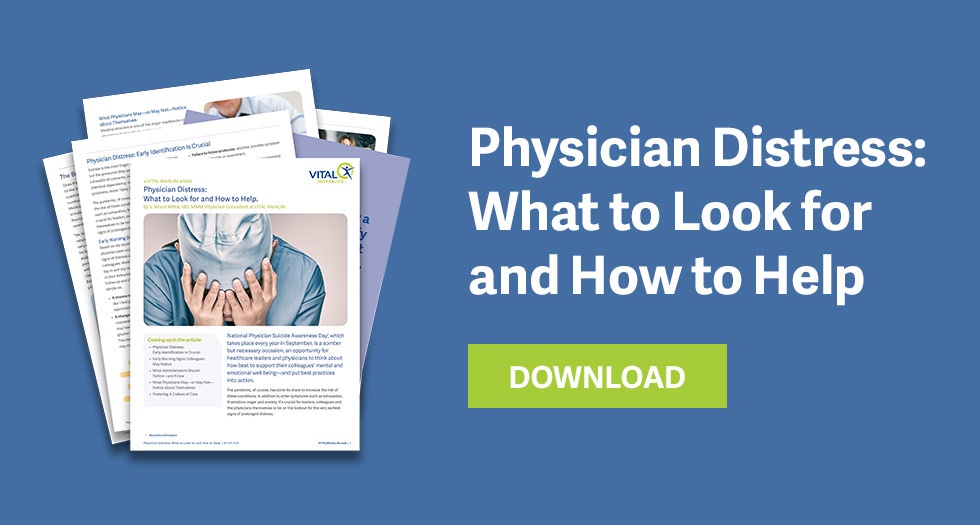There’s disturbing feedback about physician well being highlighted in the Medscape National Physician Burnout and Suicide Report 20211, titled 'Death by 1000 Cuts.' This survey of 12,000 clinicians was taken during the height of the pandemic and includes some alarming insights. But at the same time, the data points toward ways to make the lives of physicians and advanced practitioners better.
 Along with findings such as 47 percent of respondents said burnout had a “strong or severe impact” on their lives and 79 percent of those experiencing burnout reported that it began before the pandemic hit, were results that point to solutions.
Along with findings such as 47 percent of respondents said burnout had a “strong or severe impact” on their lives and 79 percent of those experiencing burnout reported that it began before the pandemic hit, were results that point to solutions.
The chief contributor to burnout, according to the respondents, was “too many bureaucratic tasks,” which more than half (58 percent) of them cited. The two second-ranking factors, tied at 37 percent, were “spending too many hours at work” and “lack of respect from administrators/employers, colleagues, or staff.”
It’s a finding that underlines the value of what we call a culture of care for physicians—an integration of care and concern for them at all levels of the organization and in multiple spheres: listening respectfully to their issues, responding to those issues, providing well being resources and more. Our article Physician Distress: What to Look for and How to Help goes into detail on what a culture of care involves.
The main way that the respondents cope with burnout is exercise (48 percent), and number two is “talking with family members/close friends” (43 percent). These tactics far outdistance the most negative coping mechanisms, like “drink alcohol” (26 percent), “binge-eat” (21 percent), and “use prescription drugs” (3 percent).
With close to half of physicians who are facing burnout willing to talk with people they trust, there is an opportunity to offer support. This willingness suggests that a colleague who knows a troubled physician well enough to spot subtle negative changes in their mood or behavior is likely to be listened to when they raise concerns. Our article lays out early signs that a colleague may be experiencing mental health or emotional well being issues, and the Insight “How to Approach a Colleague Who May Be in Distress—Practical Guidance to Help” gives tips for saying helpful things that can guide a troubled colleague toward resources such as peer counseling and coaching.
 Source: 1https://www.medscape.com/slideshow/2021-lifestyle-burnout-6013456
Source: 1https://www.medscape.com/slideshow/2021-lifestyle-burnout-6013456


